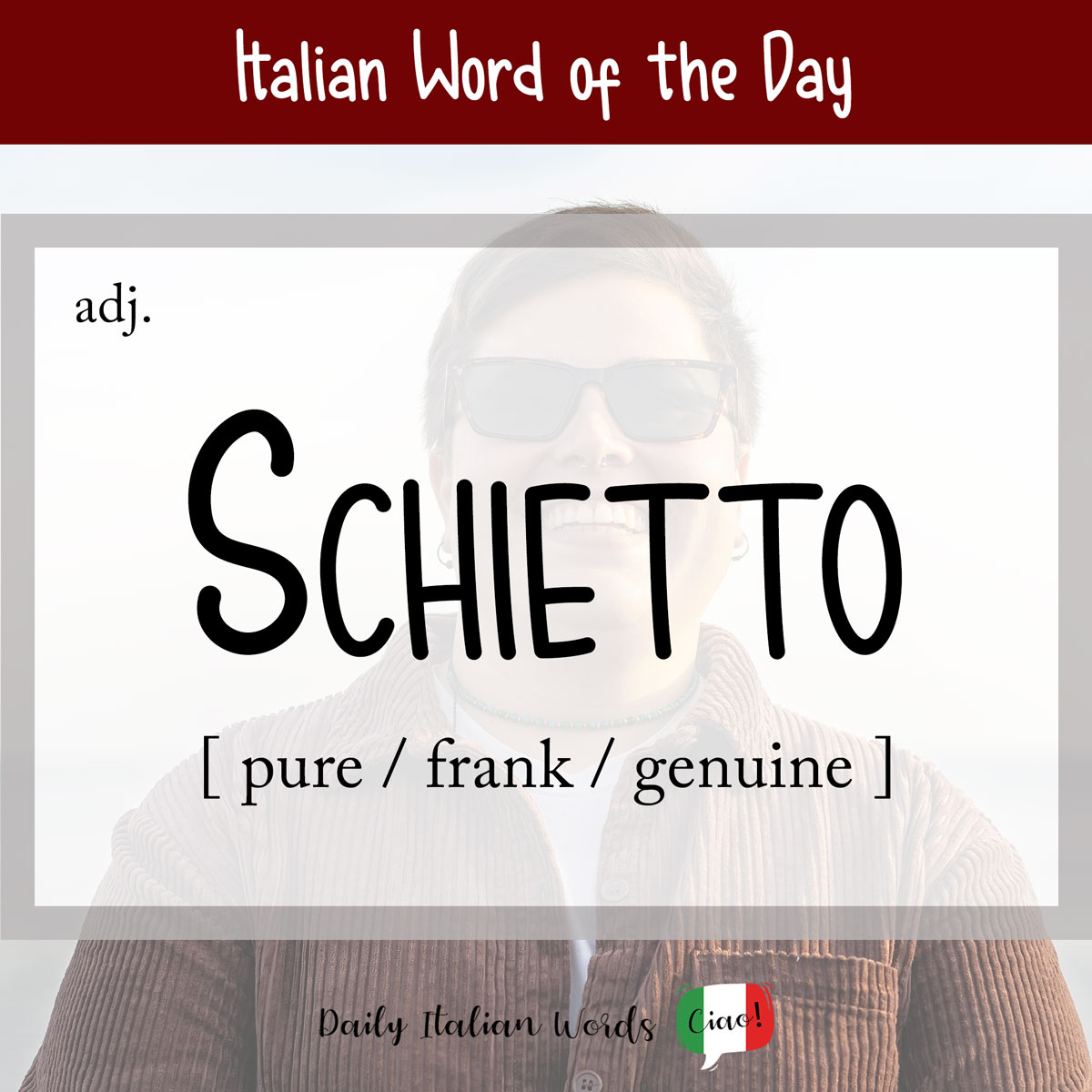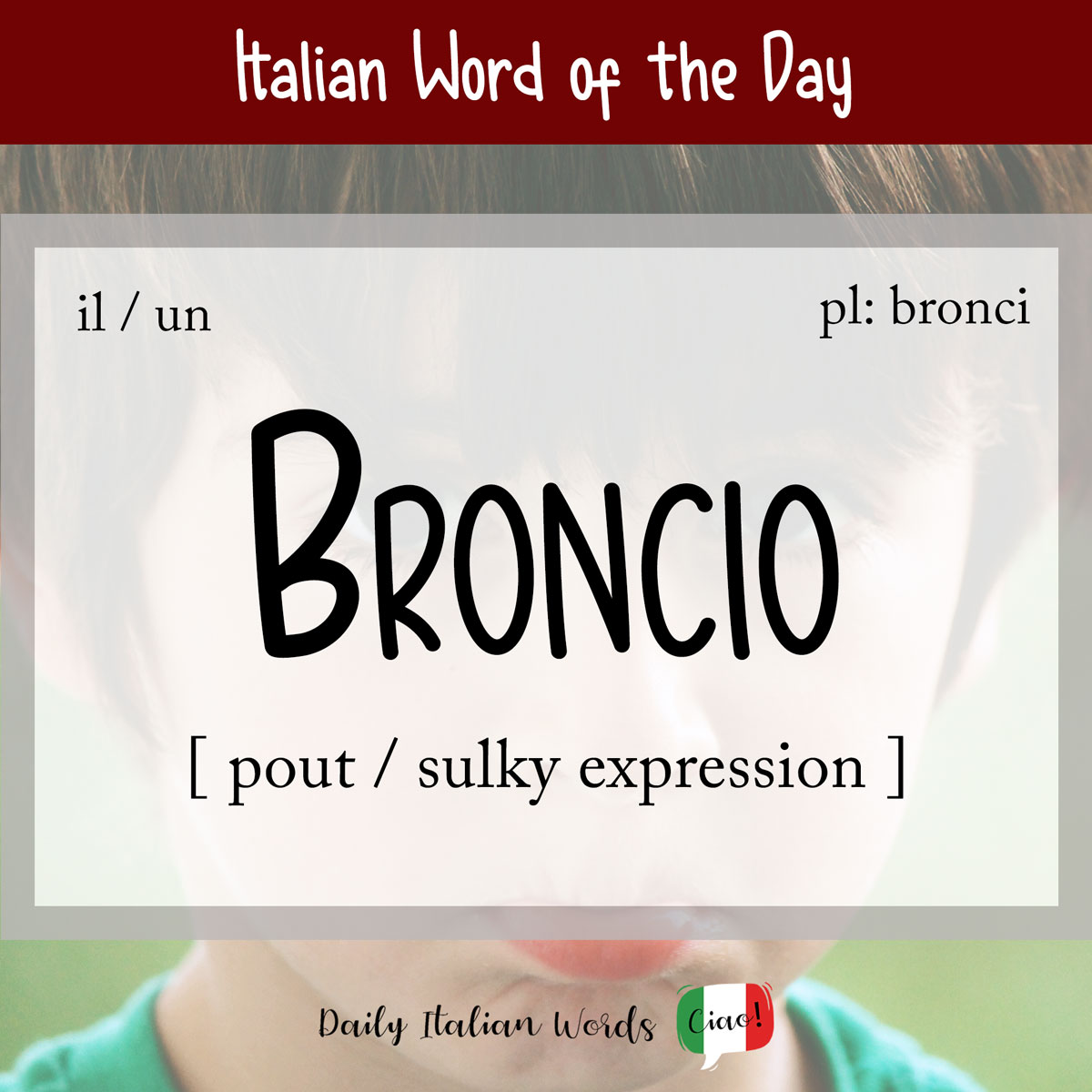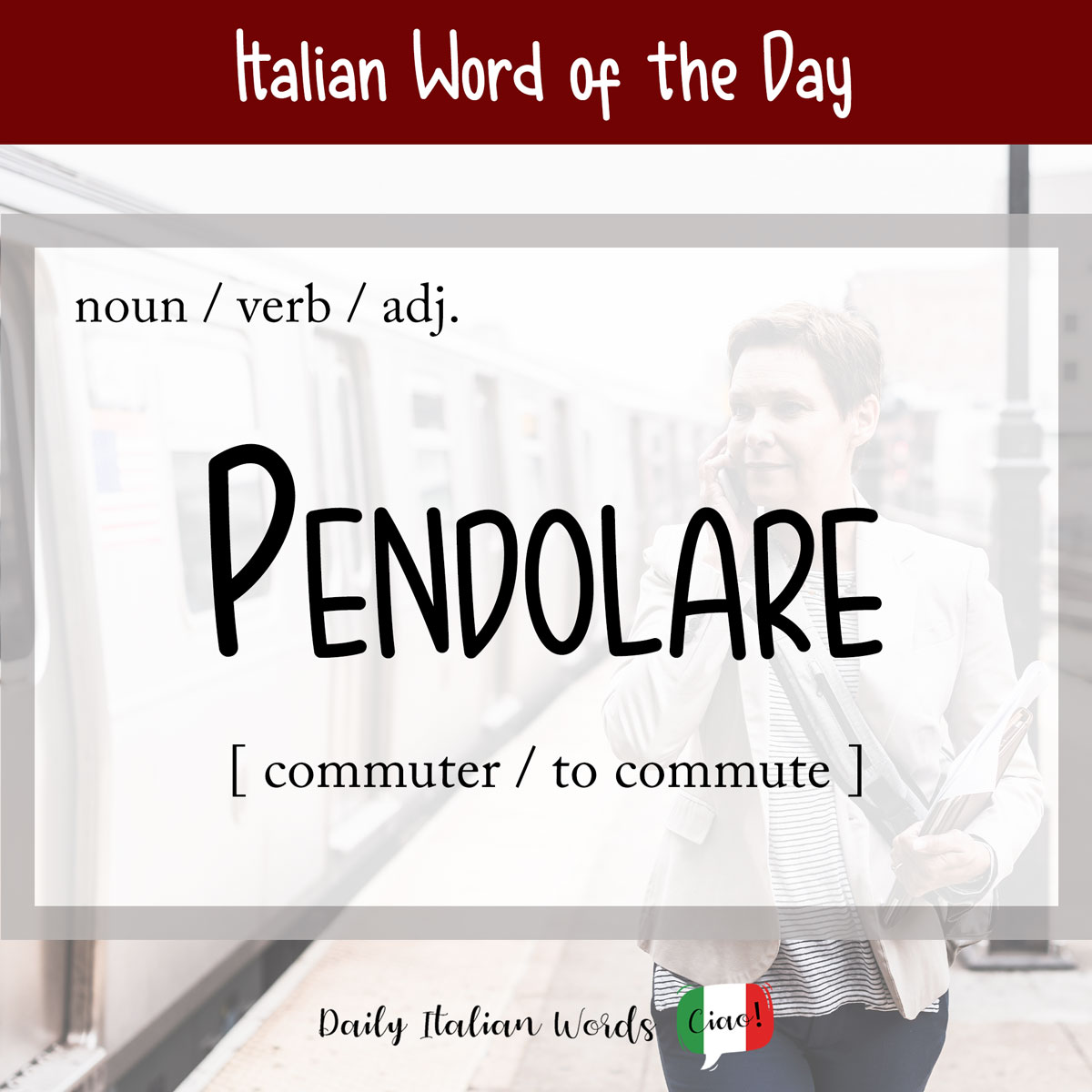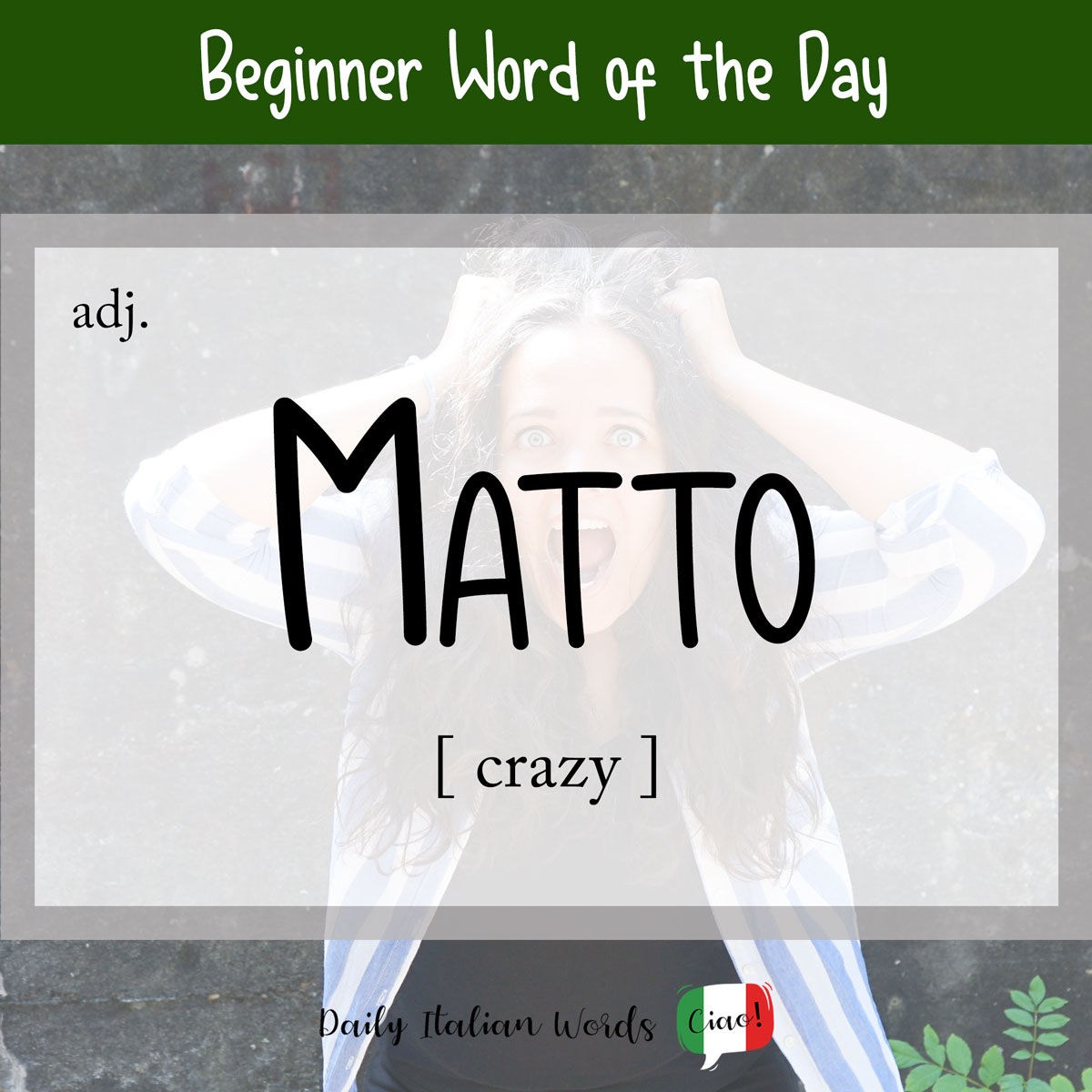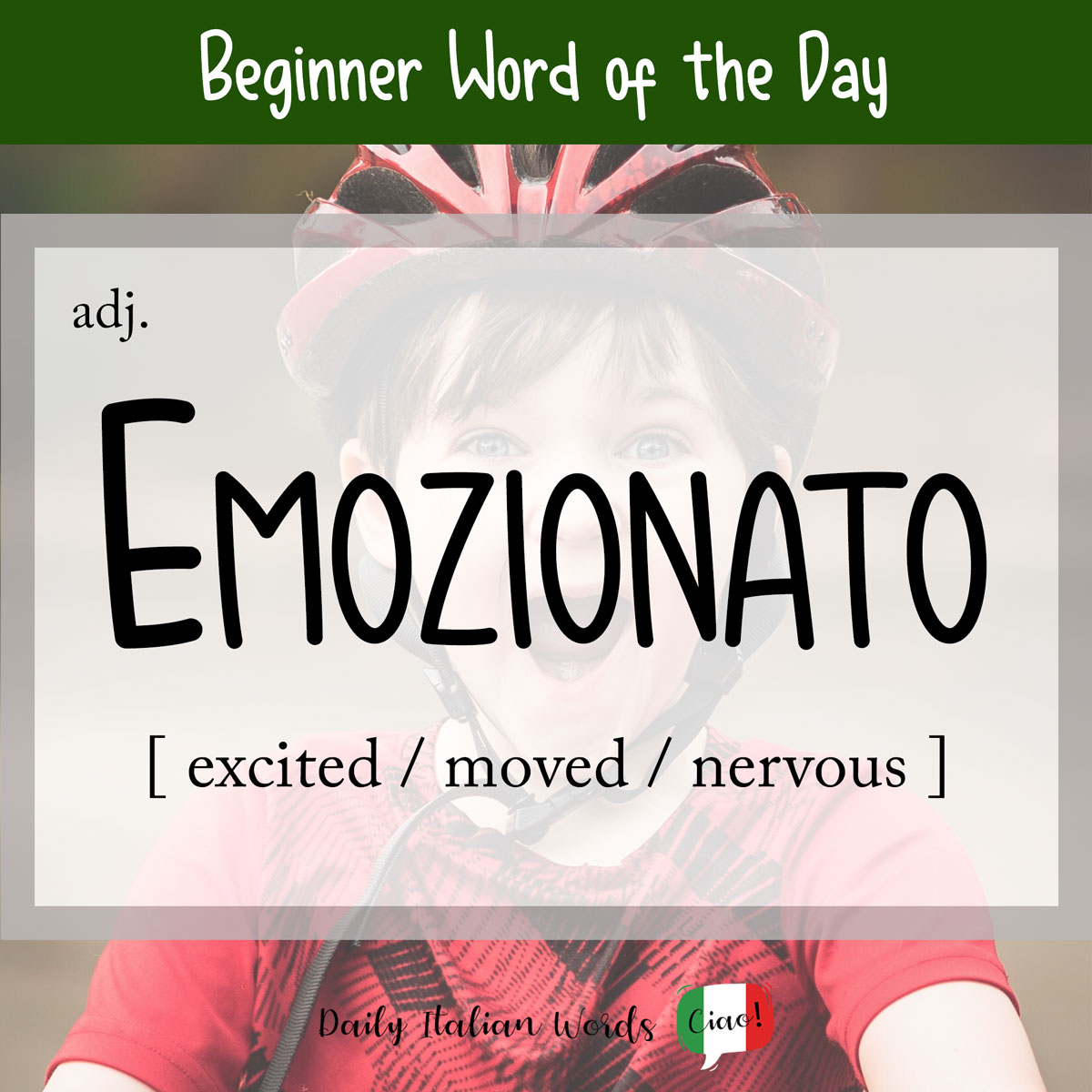Italian Word of the Day: Schietto (pure / frank / genuine)
Today we’ll be taking a look at the adjective schietto, which comes from the Gothic slaihts via the Tuscan stietto. Because schietto is an adjective, the ending changes in accordance with the gender and number. schiettomasculine, singular schiettafeminine, singular schiettimasculine, plural schiettefeminine, plural Schietto, in the most literal sense of the word, refers to something …

